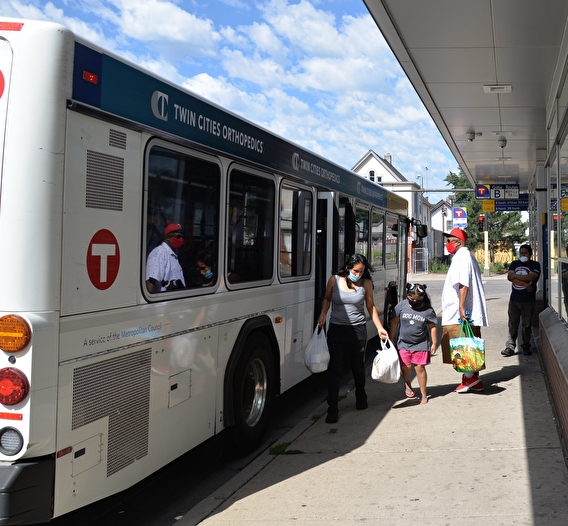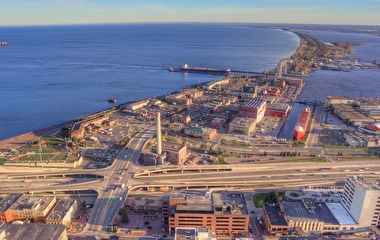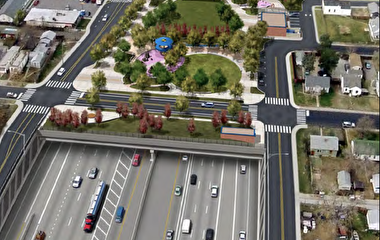
The COVID-19 pandemic and the death of George Floyd have brought new attention to racial inequities and disparities in many parts of our society, including transportation. At the annual CTS Transportation Research Conference, held virtually on November 5, an expert panel came together to discuss how transportation inequities and disparities can (and should) be addressed.
“To make better decisions in the future we need to acknowledge the decisions we have made in the past, and unfortunately many of the decisions we’ve made in the past regarding transportation and transit investments have been decidedly racist and centered to elevate one population over another,” said Tawanna Black, founder and CEO, Center for Economic Inclusion. “The consequences of those decisions have resulted in some populations being left out of our economy—positioned farther away from jobs, opportunities, and affordable, quality housing.”
For Jason Hollinday—Advocacy Council for Tribal Transportation co-chair and director of planning, Fond du Lac Reservation—a central focus has been enhancing transportation service and safety on the Fond du Lac reservation by shaping the transportation system to support the needs of its members. “A lot of our members walk and bike on the reservation, so we are working to open up trails along the busiest corridors for their safety,” he said.
Theresa Thompson Nix—Move Minnesota’s field manager—emphasized the need to rethink how fares are enforced on public transit. “We are currently unable to pay transit fares in an equitable way. Buses have armed police officers checking fares; not paying a fare is a misdemeanor offense with a $180 fine, and people of color are 7 to 10 times more likely to be charged and arrested compared with white riders,” she said. “We want to prioritize the decriminalization of fare evasion and connect folks with supportive programs and resources.”
Metropolitan Council Chair Charlie Zelle echoed Nix’s belief that transit should be safe and welcoming for everyone. “We need to acknowledge that transportation safety is a different experience depending on who you are and reconsider our policing practices to ensure our transit systems are a safe place for the most vulnerable populations.”
Commons
Additionally, Nix acknowledged the intersection of transportation issues with the homicide of George Floyd and the rise of the Black Lives Matter movement, particularly in the case of the Minneapolis D Line. “We have championed investment in the D Line, which travels through the intersection where George Floyd was tortured and murdered,” Nix said. “We need to work out how to move forward in a way that honors this sacred space, realigning and holding space for the voice of the community.”
In the area of transportation research, U of M Humphrey School of Public Affairs professor Yingling Fan said nontraditional data is needed to support equity. “We have lots of data, but that is typically based on observed behavior, which can reinforce the status quo,” she said. “Collecting nontraditional data will allow us to better understand hidden needs in transportation. For example, if we only focus on observed data, we may say that we should only focus on getting people to work, but there is likely a hidden demand for leisure travel.”
Panelists stressed the need for Black, Indigenous, and people of color to be centered in the transportation decisions we make every day in order to grow our economies. According to Black, if we want drastically different results, we need to structure dramatically different partnerships.
“The decision-making process needs to not just bring those communities to the table but to center those communities in designing the solutions our transportation and transit systems need in order for all of us to benefit and our economies to grow,” she said. “When this happens, we will benefit by having communities where the fabric of all of us is truly woven together.”
Writer: Megan Tsai


